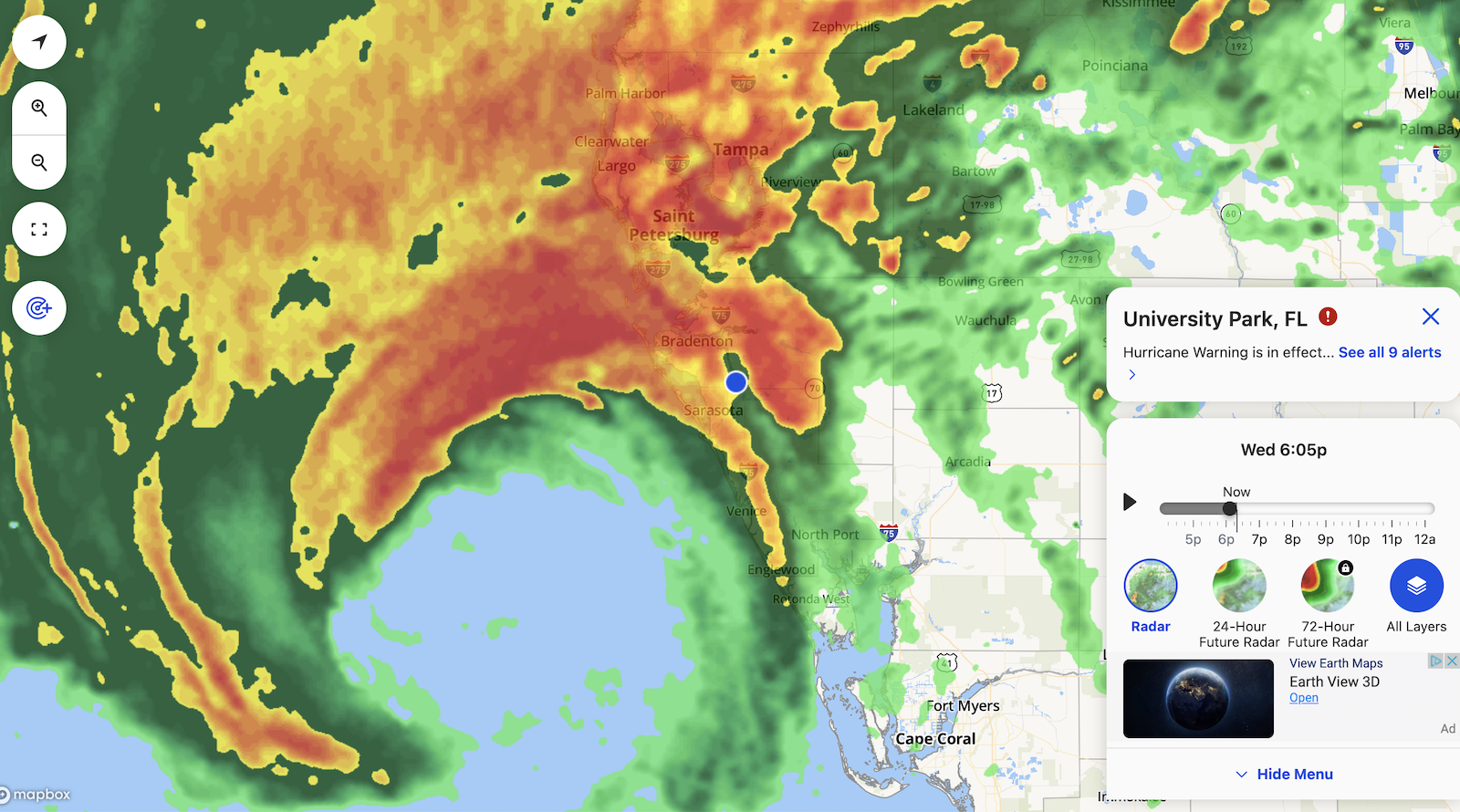Jobs
US port workers and operators reach deal to end East Coast strike immediately, union says

Port workers reach tentative deal, ending strike
The port workers’ tentative deal ends the three-day strike. Talks will resume on January 15 to negotiate other aspects of contract details.
- Tentative deal includes a 62% wage hike over six years-source
- Strike affected 36 ports, causing backlog of anchored ships
- Biden administration sided with union, resisted calls to halt strike
NEW YORK/WASHINGTON/LOS ANGELES − A union representing U.S. dock workers and port operators have reached a tentative deal on wages that will end a three-day strike that has shut down shipping on the East Coast and Gulf Coast, the International Longshoremen’s Association union and the United States Maritime Alliance said.
The agreement extends the master contract between the union and port operators until Jan. 15, 2025, allowing negotiations to continue on other aspects of the contract. A joint statement late Thursday did not specify what wages were agreed upon or the other terms that required negotiation.
“Effective immediately, all current job actions will cease and all work covered by the Master Contract will resume,” the statement said.
The tentative agreement is for a wage increase of about 62% over six years, The Bergen Record, part of the USA TODAY NETWORK, reported.
The union had been seeking a 77% raise, while the employer group had raised its offer to a nearly 50%.
The deal ends the biggest work stoppage of its kind in nearly half a century, which blocked unloading of container ships from Maine to Texas and threatened shortages of everything from bananas to auto parts and triggered a backlog of anchored ships outside major ports.
Agreement praised by Biden, Retail Federation
President Joe Biden praised the agreement in a statement released by the White House moments after the agreement was announced.
“I want to thank the union workers, the carriers, and the port operators for acting patriotically to reopen our ports and ensure the availability of critical supplies for Hurricane Helene recovery and rebuilding,” Biden said. “Collective bargaining works, and it is critical to building a stronger economy from the middle out and the bottom up.”
The Biden administration sided with the union, putting pressure on the port employers to raise their offer to secure a deal and citing the shipping industry’s bumper profits since the COVID-19 pandemic.
“With the grace of God … it’s going to hold,” Biden told reporters at Joint Base Andrews in Maryland after a storm damage tour of Georgia and Florida.
Taxes: IRS doubles number of states eligible for its free Direct File for tax season 2025
The administration repeatedly resisted calls from business trade groups and Republican lawmakers to use federal powers to halt the strike − a move that would undermine Democratic support among unions ahead of the Nov. 5 presidential election.
One of those trade groups echoed the president’s praise in the wake of the tentative agreement.
“The decision to end the current strike and allow the East and Gulf coast ports to reopen is good news for the nation’s economy,” National Retail Federation CEO Matthew Shay said in a statement.
The federation had called on the Biden administration to “use any and all available authority and tools” to end the strike in a statement Monday.
Make your spending smart: Sign up for USA TODAY’s Daily Money newsletter.
Strike effects began at ports; deal avoids them hitting consumers
At least 45 container vessels that have been unable to unload were anchored outside the strike-hit East Coast and Gulf Coast ports by Wednesday, up from just three before the strike began, according to Everstream Analytics.
The union launched the strike by 45,000 port workers, its first major work stoppage since 1977, Tuesday after talks for a new six-year contract broke down.
The strike affected 36 ports − including New York, Baltimore and Houston − that handle a range of containerized goods.
Back to hoarding toilet paper? Amid port strike, some consumers are panic-buying goods
Economists have said the port closures would not initially raise consumer prices because companies had accelerated shipments in recent months of key goods. But a prolonged stoppage would have eventually filtered through, with food prices likely to react first, according to Morgan Stanley economists.
“After the first week, we can expect some impact on perishable products like bananas, other fruits, seafood and coffee, meaning fewer goods are reaching consumers, potentially driving up prices,” Tony Pelli, global practice director for security & resilience at BSI Americas, told Reuters.
Contributing: James Powel and Francesca Chambers
(This story has been updated with new information.)










